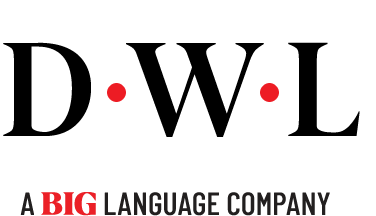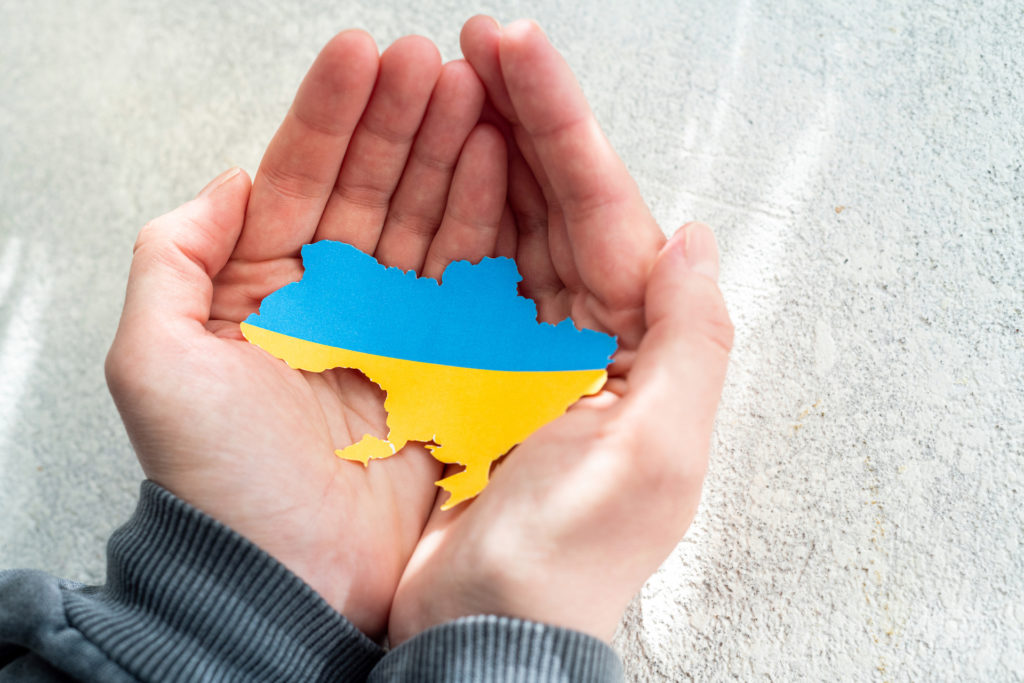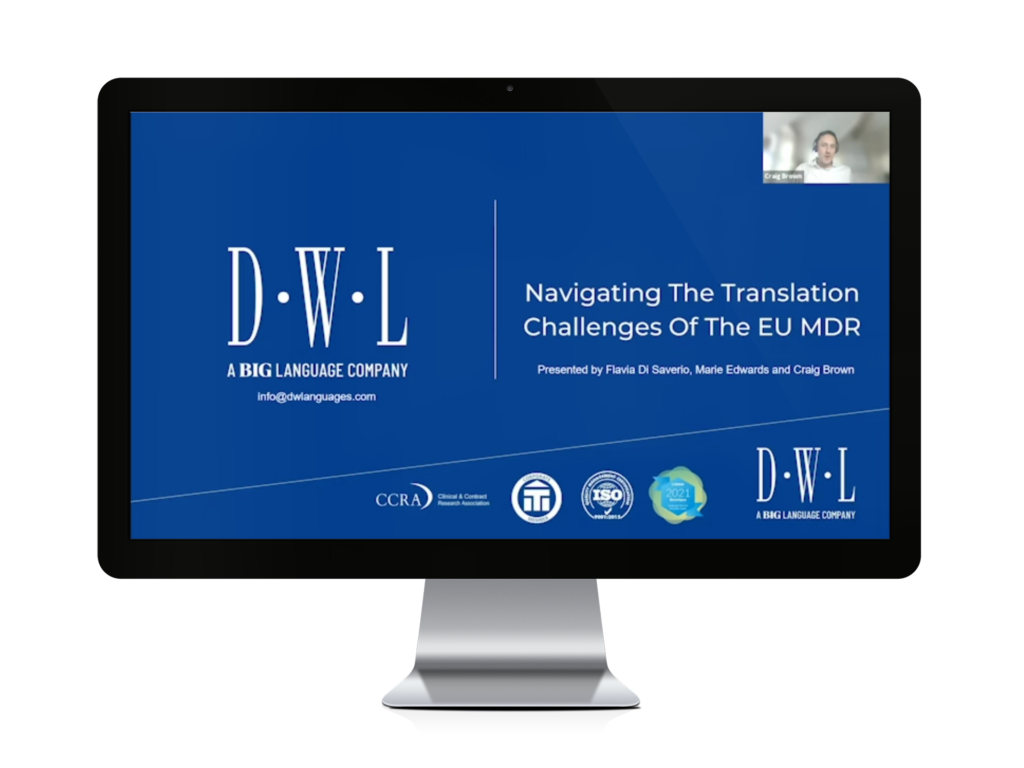Medical and healthcare translation is critical to meeting the needs of the millions of people displaced by the evolving conflict in Ukraine.
Ukraine has been a hub for clinical research since 2014, with hundreds of study sites spread out across the country. Typically, recruitment for clinical trials is high because patients regard them as a way to bypass the national health system and gain access to life-saving medicines.
Clinical research has managed to thrive in Ukraine despite ongoing political and military unrest in the country – at least until now. More than 50% of the new drug applications that received positive recommendations from the European Medicine Agency in 2017 were tested in clinical trials in Ukraine (49 out of 94). Likewise, 28 of the 151 new drugs approved by the US Food and Drug Administration (FDA) in 2017 were also trialled in Ukraine.
However, Russia’s invasion of Ukraine has dramatically affected national and global clinical research programmes. With supply chains damaged, trials suspended, and many patients forced to flee the country, providing, tracking and accessing the trial medicines on which these patients were previously reliant has become understandably challenging.
Unfortunately, the disruption is potentially devastating for both trial patients and the future development and launch of life-saving medicines. Suspending and restarting clinical trials puts the lives and health of patients in danger, especially those with life-threatening diseases. It also undermines effective drug testing and the accumulation of reliable clinical data.
For informed consent, you need translation
With many Ukrainian people fleeing their homes and the conflict to neighbouring countries, global pharmaceutical companies and national health services have reacted quickly to safeguard their clinical programmes and patients as best they can.
Since the conflict began, we have seen demand for Ukrainian translations rise in three main ways.
Firstly, to meet the needs of displaced Ukrainians, companies are preparing product information – specifically, patient information leaflets – in the Ukrainian language. Previously, many of these centrally authorised products would be translated from English into 24 other languages recognised by the EU, but not Ukrainian, unless the manufacturer commercialised the product specifically for the Ukrainian market.
Secondly, companies have begun recruiting displaced Ukrainian patients into trials held elsewhere in Europe to safeguard drug development and clinical trials. This requires translations of any study documentation (such as informed consent forms and patient information sheets) into Ukrainian.
Thirdly, Ukrainian nationals who arrive in the UK need day-to-day support outside of clinical research, as has been (and is still) the case for non-English speakers fleeing Syria, Afghanistan and other countries facing war within their borders. For example, we are seeing increased demand for interpreters to accompany families/patients during general practitioner (GP) consultations, jobcentre meetings or even community activities, such as playgroups or coffee mornings. This has also increased the opportunities for Ukrainian speakers to train in translation, interpretation or other support services relevant to refugee communities.
Of course, accuracy and confidentiality are paramount to supporting pharmaceutical companies and patients in this sector. But so too is speed: Given the nature and urgency of the evolving conflict and its impact on Ukrainian patients and clinical trials, we all need to mobilise quickly to safeguard clinical trials and their patients.
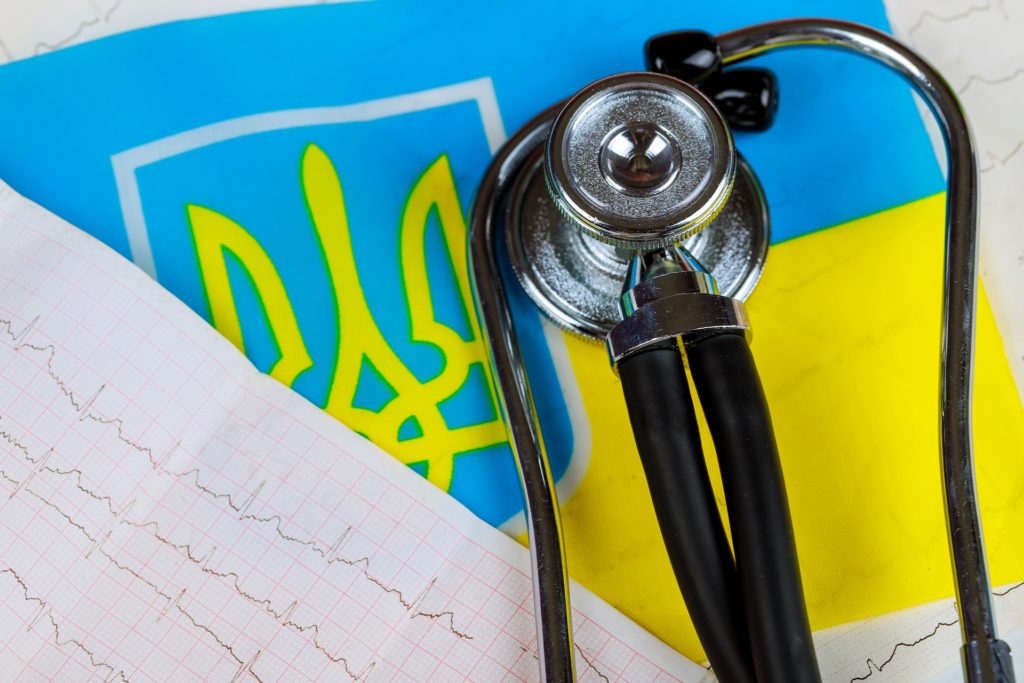
Our experienced team of linguists can help you recruit Ukrainian-speaking patients for global clinical trials. We provide interpretation services and translate patient-facing materials into and from Ukrainian for companies who wish to communicate their products and services to millions of Ukrainians on the move across Europe. Contact BIG Language Solutions today for advice or support.
In addition, if you are seeking work as a Ukrainian translator or interpreter in the UK, associations such as the ITI Network or the Chartered Institute of Linguists (CIoL) are a good source of advice. Alternatively, qualified medical personnel with the requisite language skills may apply to join our linguist network at [email protected].
